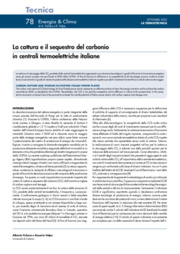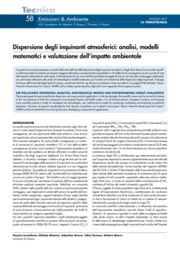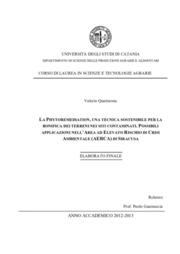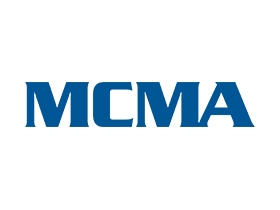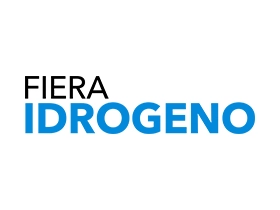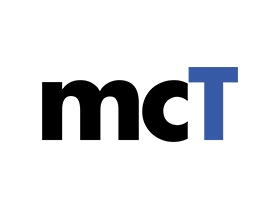Recupero di materia ed energia dalle acque reflue attraverso la simbiosi industriale WtE nelle regioni del Sud Europa
Giuseppe Mancini - Universitą degli Studi di Catania
Industrial symbiosis models
Context
Suitability map for waste-to-energy plant location
Waste -waste water energy nexus
Specific Objectives
Case study: model boundaries
Industrial Symbiosis scenario
Energy balance
Industrial symbiosis represents a strategy for optimizing the use of resources that involve companies, in order to generate competitive advantages through the transfer of resources, such as materials, energy, water, spaces, skills, etc..
Industrial symbiosis models
IS ex changes are planned and design at the beginning.
This approach is characterized by the implementation in industrial areas or districts of symbiotic.
The system of relations between companies arises independently of a specific programming,
IS ex changes are individuated at regional scale thanks to models and tools aimed at allowing the meeting between demand and supply of resources.
In a scenario characterised by barely-effective separate waste collection ,most of the organic fraction of the municipal solid waste (OF-MSW) produced by the millions of inhabitants intheseregions-especiallyinlargemetropolitanareas-isstilldisposed of in landfills. directly or after a mechanical biological treatment (MBT)of the unsorted waste.
Many of these areas also suffer from a historical water scarcity, the effects of which have progressively intensified as a result of the climate change.
Therefore, the availability of marginal water resources could be crucial to satisfy the future water demand for agriculture .
However, the cost of treating waste water to achieve the required water quality for reuse in agriculture still makes the price of this unconventional resource too high,compared to conventional resources.
Further more,many waste water treatment plants (WWTP), in these regions, suffer from severe problems,related to the treatment and disposal of the produced sludge.
Suitability map for waste-to-energy plant location
Waste -waste water energy nexus
Case study: model boundaries
Scenarios
Industrial Symbiosis scenario
Energy balance
Industrial symbiosis models
IS ex changes are planned and design at the beginning.
This approach is characterized by the implementation in industrial areas or districts of symbiotic.
The system of relations between companies arises independently of a specific programming,
IS ex changes are individuated at regional scale thanks to models and tools aimed at allowing the meeting between demand and supply of resources.
In a scenario characterised by barely-effective separate waste collection ,most of the organic fraction of the municipal solid waste (OF-MSW) produced by the millions of inhabitants intheseregions-especiallyinlargemetropolitanareas-isstilldisposed of in landfills. directly or after a mechanical biological treatment (MBT)of the unsorted waste.
Many of these areas also suffer from a historical water scarcity, the effects of which have progressively intensified as a result of the climate change.
Therefore, the availability of marginal water resources could be crucial to satisfy the future water demand for agriculture .
However, the cost of treating waste water to achieve the required water quality for reuse in agriculture still makes the price of this unconventional resource too high,compared to conventional resources.
Further more,many waste water treatment plants (WWTP), in these regions, suffer from severe problems,related to the treatment and disposal of the produced sludge.
Suitability map for waste-to-energy plant location
Waste -waste water energy nexus
Case study: model boundaries
Scenarios
Industrial Symbiosis scenario
Energy balance
Fonte: SAVE ottobre 2024 Trattamento acque reflue ed efficientamento nella produzione di energia rinnovabile da fanghi e sottoprodotti
Settori: Ambiente, Analisi, abbattimento e Controllo emissioni, Energia, Inquinamento, Rifiuti, Rinnovabili
Mercati: Aria e Gas, Inquinamento
- GSE Gestore dei Servizi Energetici
- MASE - Ministero dell'Ambiente e della Sicurezza Energetica
- Energy & Strategy Politecnico di Milano
- ANIMA - Federazione delle Associazioni Nazionali dell'Industria Meccanica Varia ed Affine
 English
English















